When mentioning the 7th lunar month, many people often wonder: "What day is Vu Lan?"
Not only is it a time to remember the merit of giving birth, Vu Lan festival on the full moon day of the 7th lunar month also contains profound humanistic values, originating from Buddhist teachings and the nation's tradition of filial piety.
What is Vu Lan Festival?
Vu Lan Festival is one of the most important Buddhist festivals, originating from East Asian cultural traditions, especially deeply influenced by Chinese customs. This is a sacred occasion for each child to express gratitude and repay the birth and upbringing of their parents and ancestors. On this day, many people often go to the temple to pray for peace, release animals and do good deeds to accumulate virtue and dedicate that merit to their parents.
What day is Vu Lan Festival in 2025?
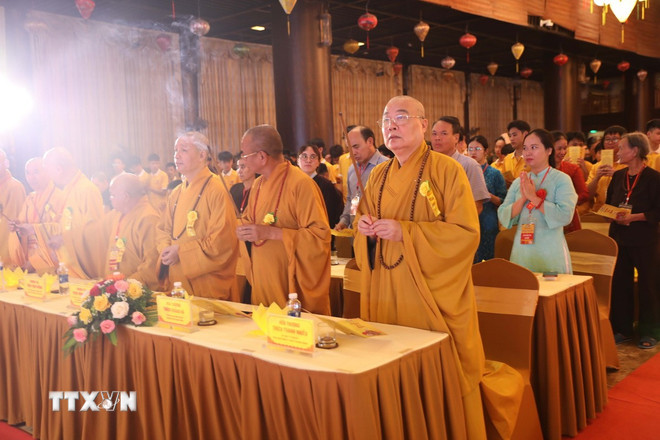
Vu Lan Festival in 2025 will take place on Saturday, September 6th according to the Gregorian calendar. Notably, this year's filial piety day falls on the weekend - a suitable time to express respect to parents and grandparents.
Origin and meaning of Vu Lan festival
Origin of Vu Lan festival
The origin of Vu Lan comes from the Vu Lan Bon Sutra in Buddhism. The story tells that Venerable Maudgalyayana - the Buddha's most supernatural disciple - saw his mother after death being condemned to become a hungry ghost, hungry and thirsty in pain; out of pity for his mother, he used his supernatural powers to offer her rice, but the rice turned into red fire, and his mother still could not eat it. In pain, Maudgalyayana went to the Buddha to ask. The Buddha taught that: To save parents from suffering, one needs to rely on the power of the Sangha - those who practice pure and have full merit. On the fifteenth day of the seventh lunar month, after the rainy season retreat, he should prepare offerings to the Triple Gem. Thanks to the supernatural power of the monks from all directions gathered on the day of self-ordination, Maudgalyayana's mother was liberated. Vu Lan ceremony was born from that time.
Nowadays, Vu Lan is not only a ritual but has been deeply engraved in people's consciousness and love, becoming a way of life, a breath, a source for all Vietnamese hearts. In 2025, Vu Lan season takes place on the occasion of the 80th anniversary of National Day September 2nd, becoming a sacred time for every Buddhist to practice filial piety, honoring the tradition of "When drinking water, remember its source".
All over the country, at pagodas and places of worship, Vu Lan ceremonies were held to show gratitude to parents, with rituals such as pinning roses, chanting sutras, offering incense, lighting candles in gratitude... held to express gratitude to parents, and at the same time remind people of the responsibility to show gratitude to the country and people.
The origin of Vu Lan festival
Maudgalyayana used his magical powers to bring rice to offer her, but all the food turned into red fire as soon as it reached her. He immediately called on the Buddha for help. The Buddha taught that no matter how great his supernatural powers, Maudgalyayana alone could not save his mother from her karmic retribution, but needed to rely on the pure prayers of monks from all ten directions. The appropriate day to perform the great offering ceremony was the full moon of the seventh lunar month - the day of the Tu Tu (Pastoral Retreat) after three months of the monks' retreat.
Meaning of filial piety day
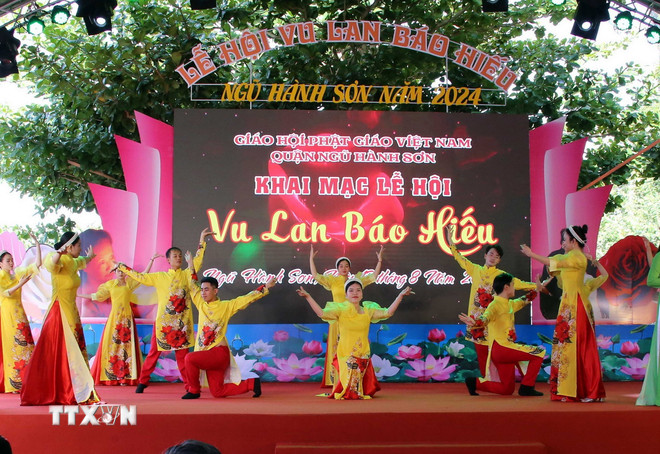
Vu Lan Festival is not only a Buddhist ceremony, but also a sacred occasion to remind every generation to remember and show gratitude to their parents and ancestors. Whether they are Buddhists or not, everyone can feel the profound meaning of the season of filial piety spreading throughout the country.
In Buddhist ethics, filial piety is not only for parents in this life, but also extends to parents in many lives. Because humans are always attached to the law of cause and effect, filial piety is also a way to cultivate the mind and accumulate virtue.
A touching image during Vu Lan season is the roses pinned on the lapel. Those whose mothers are still alive will wear red roses - a symbol of happiness and gratitude, while those whose mothers have passed away will wear white roses - in remembrance and gratitude. Regardless of age or circumstances, each flower pinned on the lapel is a message of love, a reminder of the sacred and complete filial piety./.
Source: https://www.vietnamplus.vn/le-vu-lan-bao-hieu-an-chua-nhung-gia-tri-nhan-van-sau-sac-post1060081.vnp




![[Photo] General Secretary To Lam chairs the meeting of the Central Steering Committee on preventing and combating corruption, waste and negativity](https://vphoto.vietnam.vn/thumb/1200x675/vietnam/resource/IMAGE/2025/9/29/fb2a8712315d4213a16322588c57b975)






![[Photo] Preserving traditional Mid-Autumn Festival in modern life](https://vphoto.vietnam.vn/thumb/402x226/vietnam/resource/IMAGE/2025/9/26/d4d4767169c646a2836dcee6bd34581a)

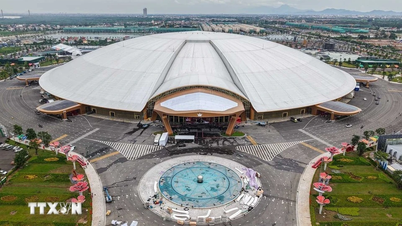
































































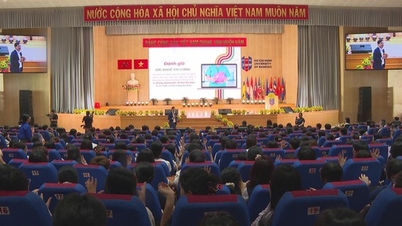














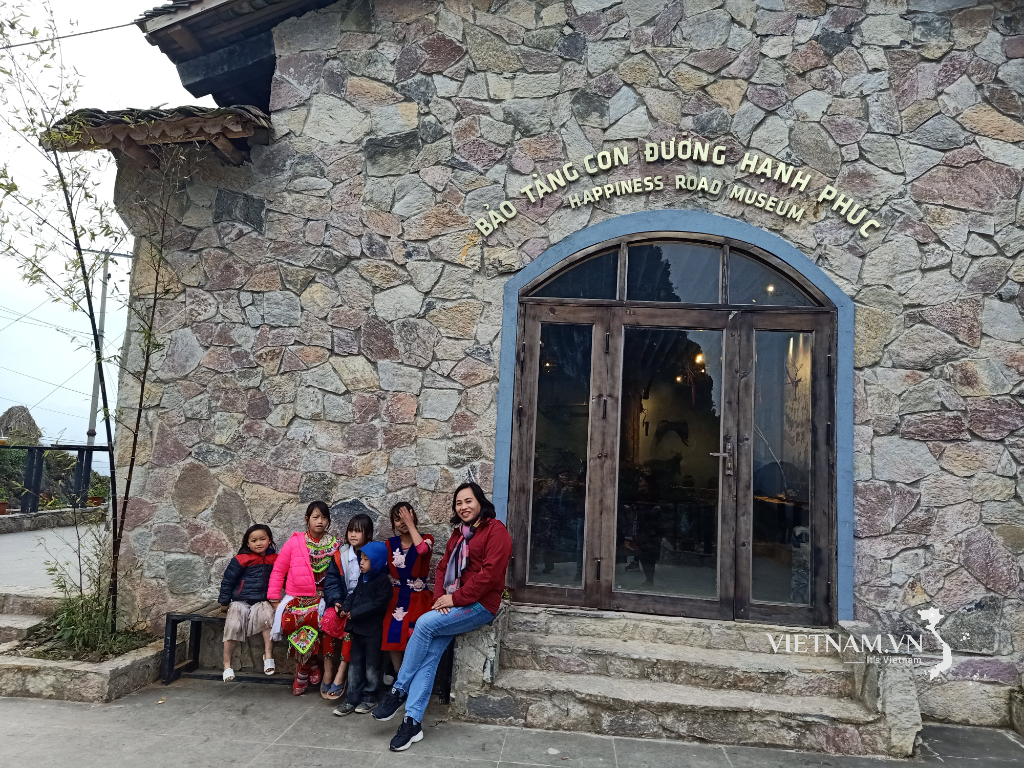

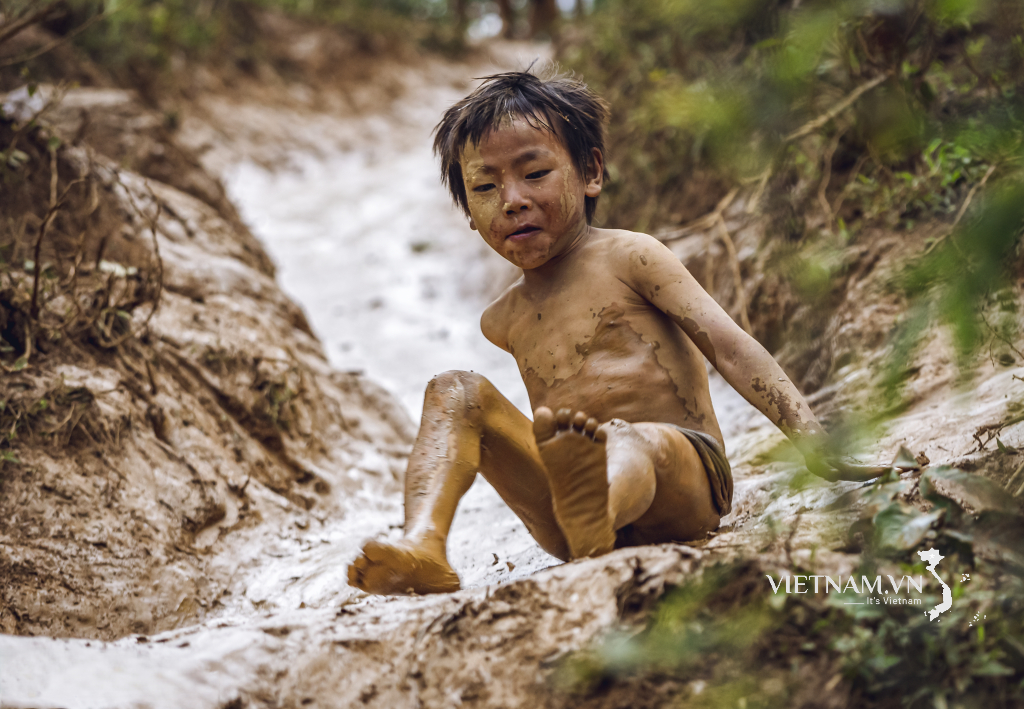
Comment (0)